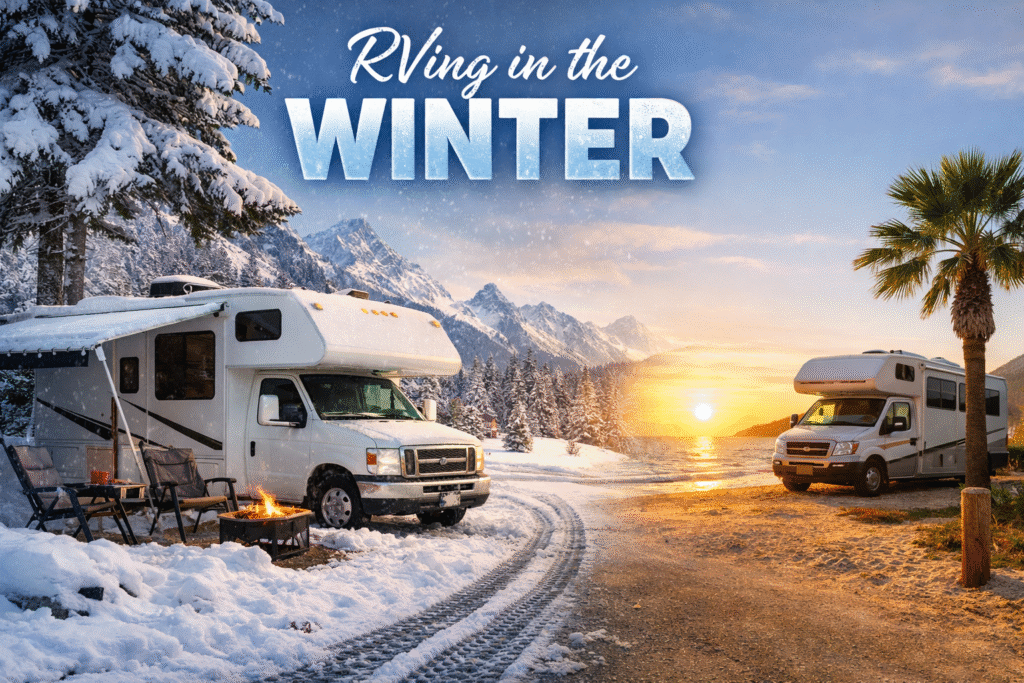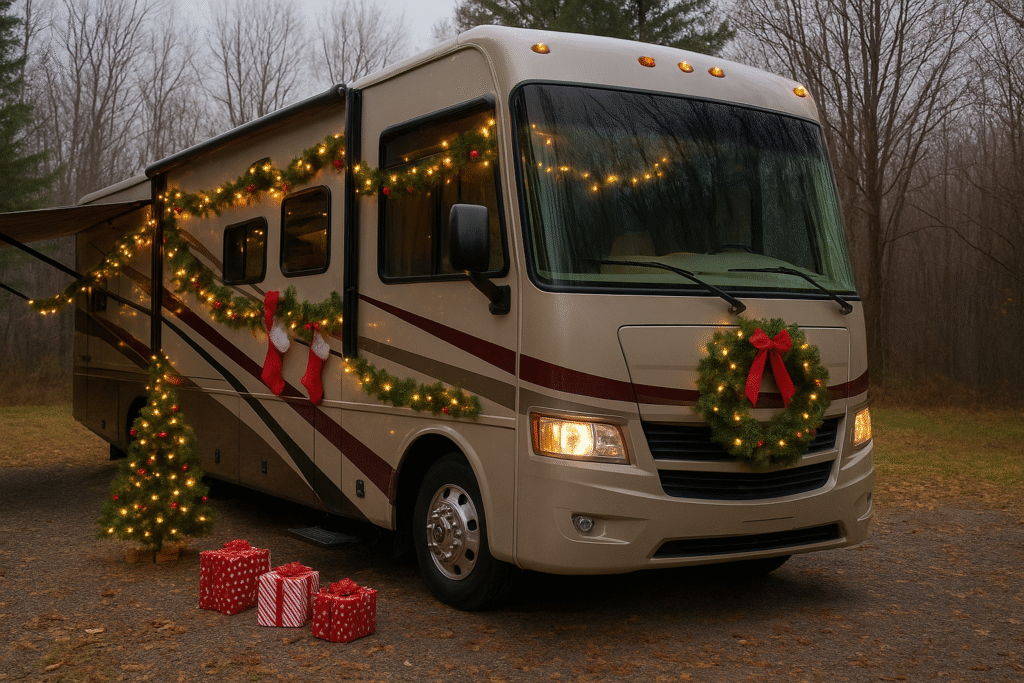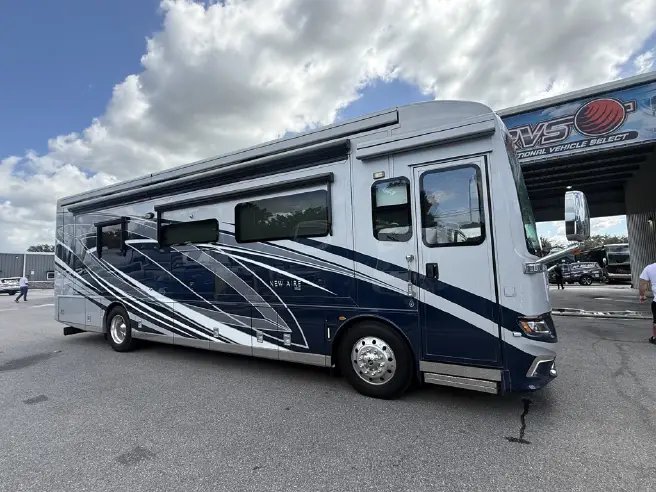Overlanding is a type of adventure travel that focuses more on the journey itself than the actual destinations. Overlanding enthusiasts use many different types of off-road vehicles – from bicycles to Jeeps to SWAT trucks – aiming to traverse the toughest terrain, power up and over forested peaks, and charge over dusty deserts, all while enjoying the self-sufficiency and beauty of rugged, exploratory, off-grid camping. Think about being able to travel challenging routes, relying on your rig, your own supplies, nature, and little else. That’s overlanding.
In the world of custom overland vehicles, price tags are often $100,000 or more. And when it comes to RVs, there are few rigs that could compare to those monsters, not to mention that most RVs couldn’t handle the rigors of this type of travel. However, one type of RV could pass muster. Enter the truck camper.
Why is a Truck Camper Perfect for Overlanding?
A truck camper is a type of RV that either slides into the back of a heavy-duty pickup truck bed or is mounted atop a flatbed truck. And with a truck outfitted for off-road travel with a durably built truck camper added, you’d have a pretty good start at a reasonably priced overlanding vehicle.
What Should You Look for When Choosing an Off-Road Truck Camper?
Ultimately, you should consider the type of overlanding you want to do. Do you yearn for remote mountain excursions or are you itching for treks across the desert? Whatever your goals, tailor your truck camper to those specifications.
But in general, you should choose a truck camper that:
- Has a durable lightweight frame – This is essential for any overlanding vehicle. A rig with a lightweight frame or body construction means you’ll have a versatility and flexibility while traveling tough terrain that other types of RVs can’t offer. Look for campers constructed with aluminum.
- Doesn’t have anything you can’t potentially fix yourself – Think about it: If you’re out in the wilderness and something on your camper breaks or malfunctions (like slide outs), you’re going to have to fix it. Search for a model that has only the features you truly need to overland and nothing more.
- Features storage – Whether you need space for gear, spare tires, or additional fuel, you’ll want space to store your items. Looks for ample storage inside the camper as well as storage bays on the outside.
- Fits your truck – This should be a no-brainer, but if you already have a heavy-duty truck, make sure the camper you choose will fit the truck. Otherwise, choose your camper first, then a truck that will work with it.
Additionally, consider a pop-up truck camper rather than a hard-side model. Pop-up campers, while less insulated and having fewer features than their hard-side siblings, they are lighter and have a lower profile, making them perfect for off-road adventures. There are even hard-side pop-ups, so if you simply can’t do without a hard-sided rig but want the collapsibility of a pop-up, you’ll have some options to choose from.
Overlanding is not for the faint of heart, but with excellent planning, a self-sufficient mindset, and a truck camper tailored to your needs, you’ll be ready to explore the world.
Have you ever taken an overlanding excursion before? What was your experience? Let us know in the comments or contact us today!




